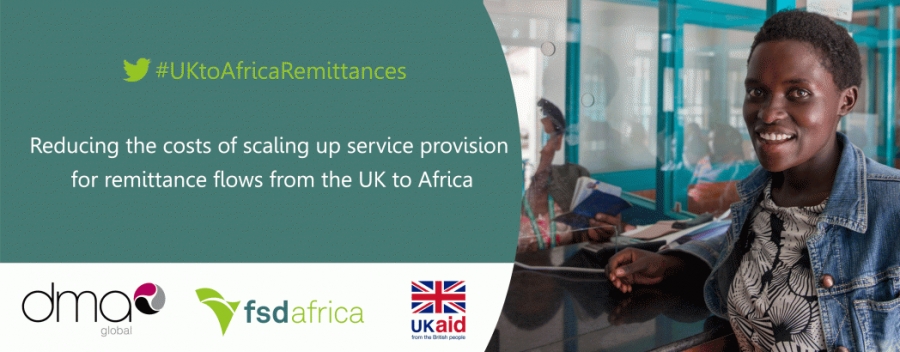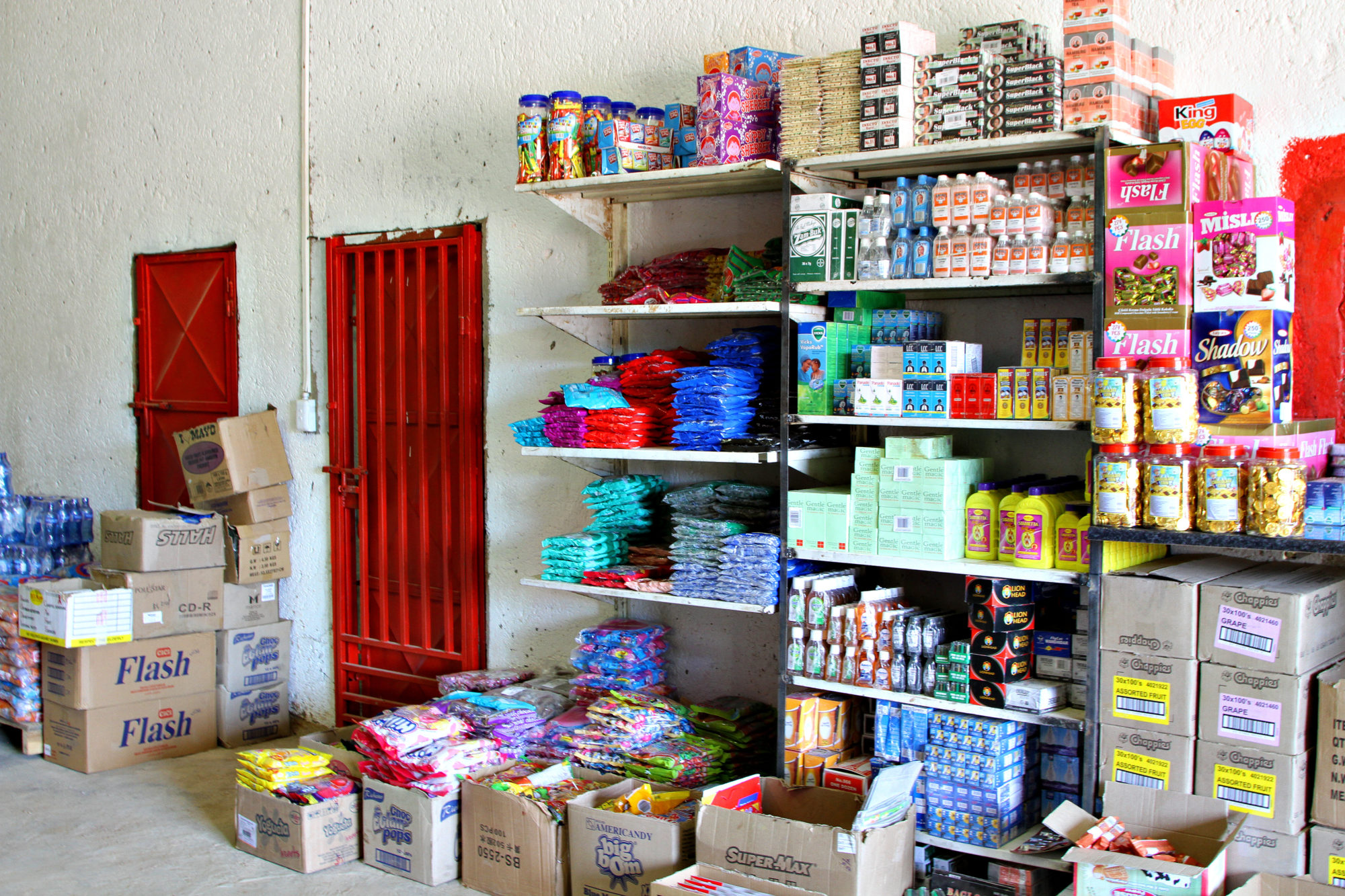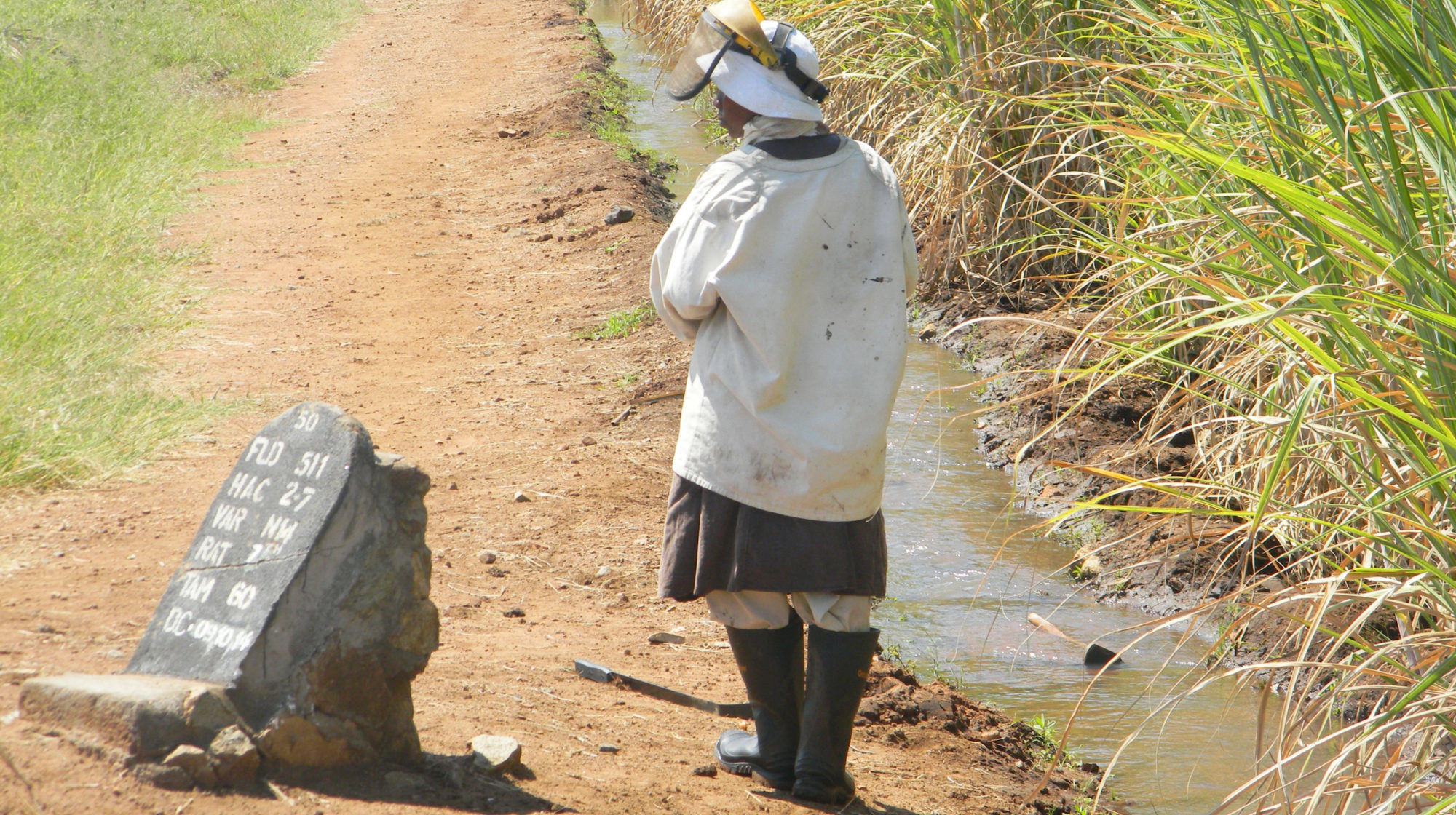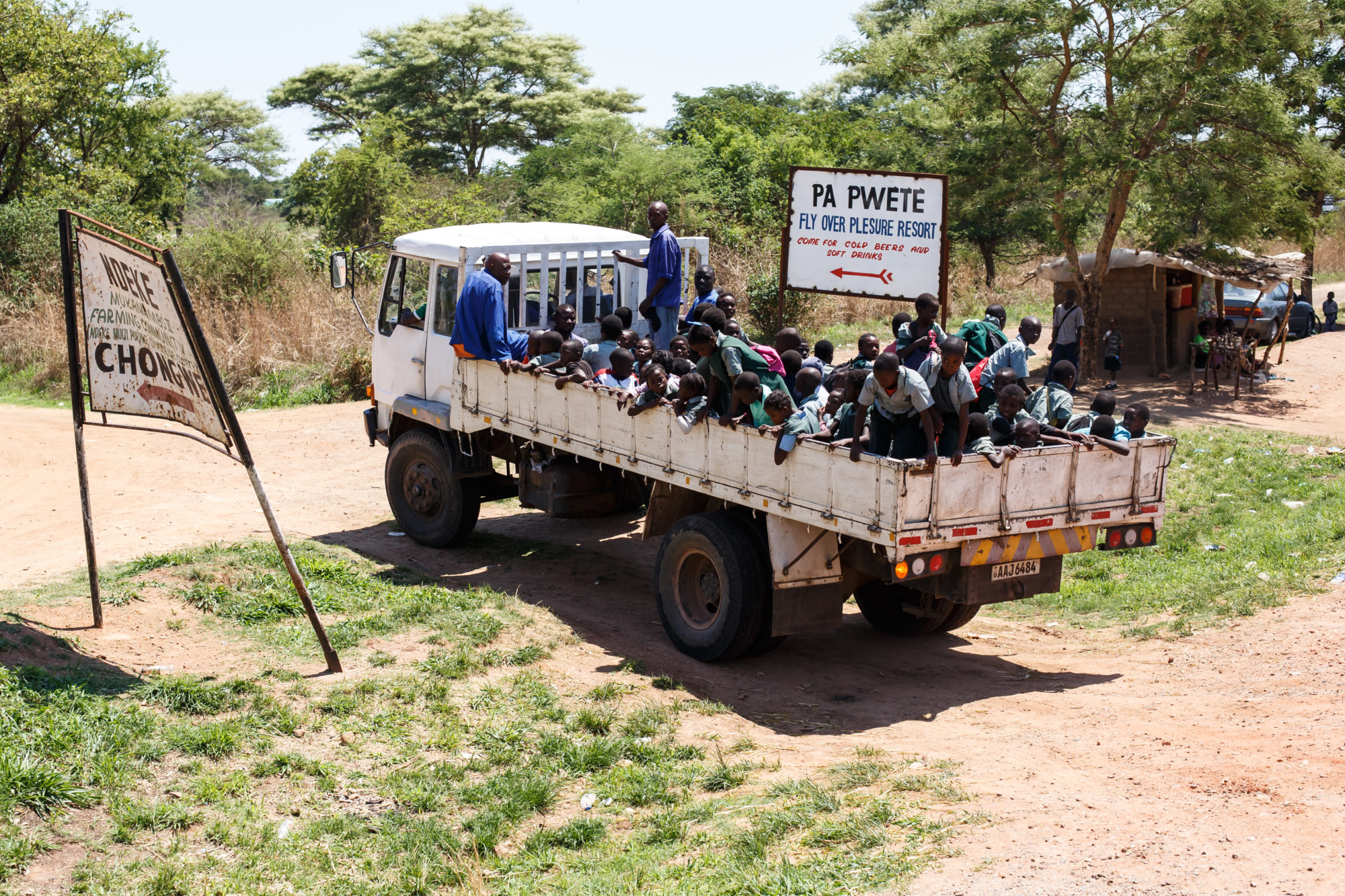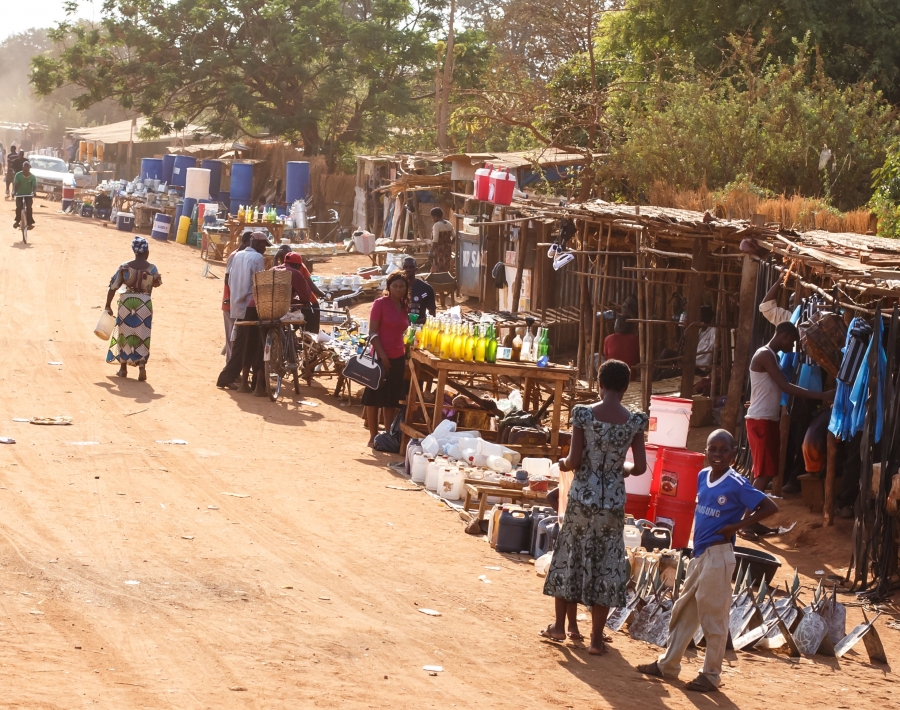
Delivering on the promise of digitising payments in Zambia
Digital financial inclusion holds great promise. Last year, a McKinsey report found that digital finance could add up to $3.7 trillion to the GDP of emerging economies within a decade. A recent blog from the World Bank explains that the biggest impact from financial inclusion comes from digital payments and savings accounts. Studies
